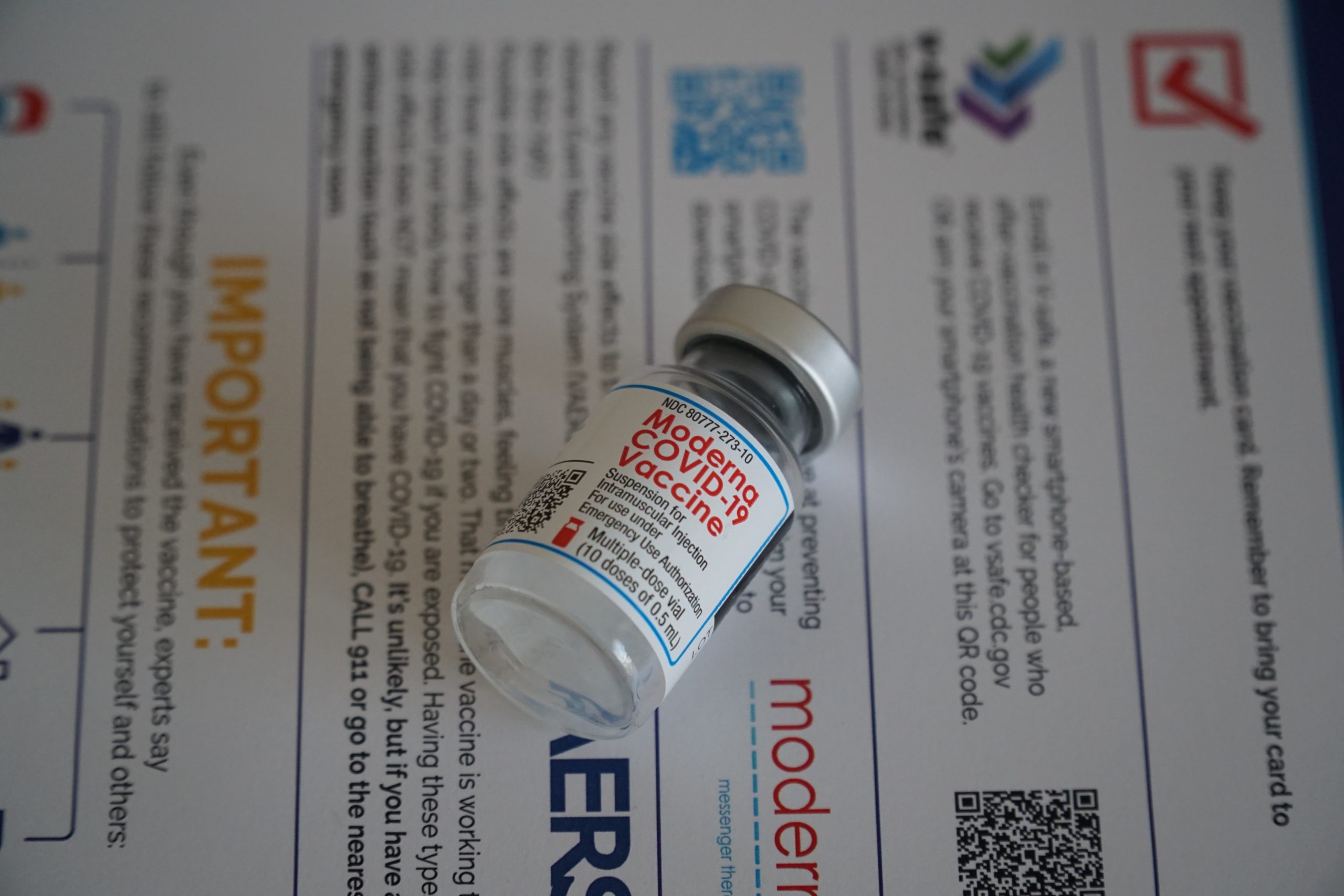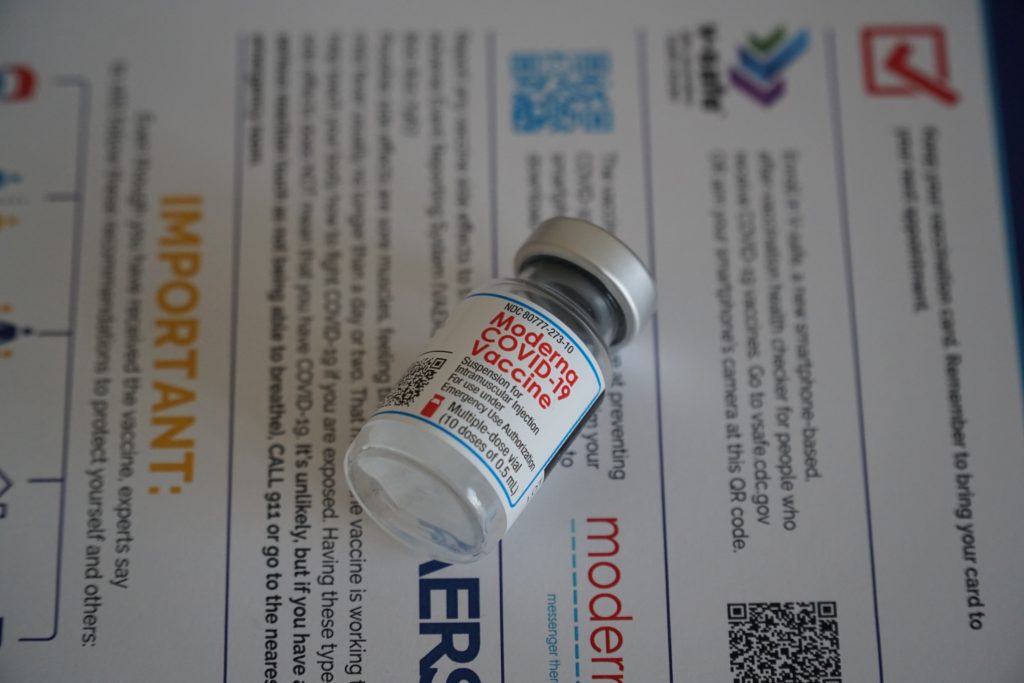Chicago Public Schools are relying on vaccination as the primary mitigation for preventing the spread of COVID-19 in schools, but data reported this week by WBEZ shows that school populations are far from being fully vaccinated, with only 53 percent of high school students fully vaccinated, and 23 percent of eligible elementary students fully vaccinated.
Vaccination rates vary widely by individual school. In some schools, as little as 3 percent of eligible students are fully vaccinated, while in others, the vaccination rate is in the 80s. While access to vaccinations remains a problem, misinformation and vaccine hesitancy also present significant barriers to getting shots in children’s arms. And that hesitancy is present in Chicago, in a recent episode of the New York Times podcast, The Daily, a CPS mother of three noted that her children have had all their required vaccinations, but she hasn’t had them vaccinated for Covid. “For now, I think we kind of just take the more natural route,” she said.
To help parents and school nurses talk to parents with these concerns, last week, Coursera launched a free online course, “COVID Vaccine Ambassador Training: How to Talk to Parents.” The self-paced course can be completed at any time and takes less than two hours. Designed by Johns Hopkins University School of Public Health expert Dr. Rupali Limaye and an advisory group of six parents from a combination of red and blue states, the course combined PowerPoint slides, video explainers and tips for speaking to parents out of empathy.
The best thing we can do for people trying to make a decision is to be calm and empathetic. It’s really hard for people to do that.
When approaching a parent who expresses concerns about vaccinating their children, “start with empathy,” advises Dr. Limaye. For example, if she were speaking with the parent featured on The Daily, she might ask, “Let’s talk about what is natural, what does ‘natural’ mean to you?”
She emphasizes the importance of not dismissing peoples’ concerns about vaccines. She hears “there’s a microchip in the vaccine” and finds it’s important to tell people that’s not true without belittling them for taking that seriously.
“I’m really surprised at how not empathetic we are with other people. We’ve been living in uncertainty for two years now. People are trying to make sense of things as best they can.”
“Just be kind,” she says. “The best thing we can do for people trying to make a decision is to be calm and empathetic. It’s really hard for people to do that.”
Photo by Ian Hutchinson on Unsplash
Maureen Kelleher
Latest posts by Maureen Kelleher (see all)
- CPS Parents Wanted for Research Study - March 27, 2023
- Tomorrow: Cure Violence with #Belonging - August 17, 2022
- Still Looking for Summer Camp? - June 13, 2022

